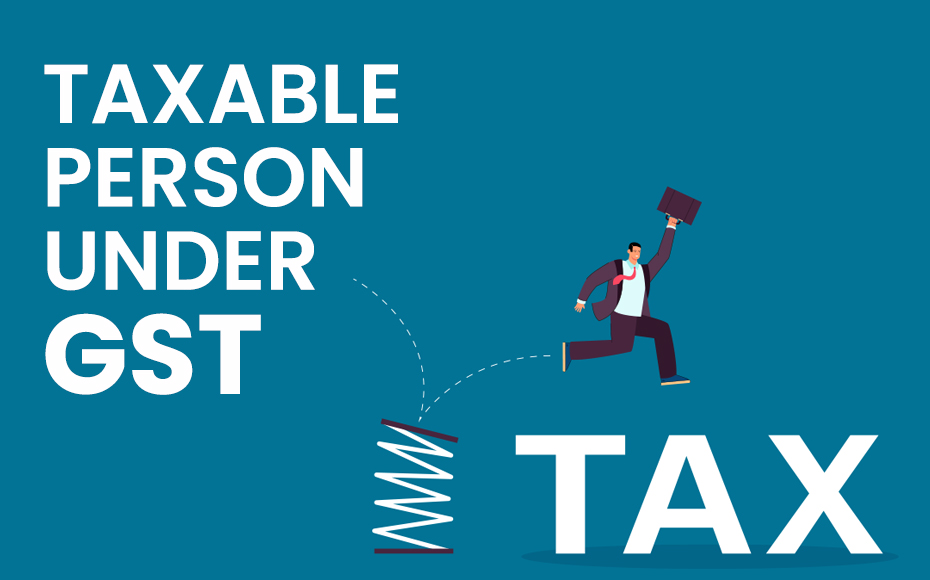

December 22, 2021

The advance ruling is required as the new GST provisions require many clarifications for businesses.
GST Advance ruling denotes a written clarification of tax laws. It is provided by tax authorities to corporations and individual taxpayers who demand clarity of specific tax laws. An advance ruling under GST is normally asked as the taxpayer feels confused regarding certain tax provisions and it is applied before starting the proposed procedures.
For instance, the advance ruling is at disposal in international taxation as per income tax. It is implemented with a view to helping non-residents to determine the income-tax liability, manage their income-tax in advance, and mitigate long-drawn and costly legal disputes. As per GST, the advance ruling is a written decision given by the tax authorities to an applicant on questions pertaining to the supply of goods/services.
The aim of any advance ruling under GST is:
Any taxpayer can make a request for an advance ruling under GST if he is ignorant about the provisions. Advance tax ruling is applicable on:
A request for advance ruling is first made to Authority for Advance Ruling (Authority). In case a person is unsatisfied with the advance ruling, he can appeal to the Appellate Authority for Advance Ruling (Appellate Authority).
Application for the Advance ruling should be made in Form GST ARA -01 along with a fee of Rs. 5,000.
The Authority can by order, either admit or deny the application.
The application cannot be admitted by the advance ruling authority as-
Besides, Advance Ruling is not possible in any pending case or any decision already made.
Applications would be rejected only after being given an opportunity of hearing. Reasons for rejection shall be given in written form.
The decision on the Advance ruling will be given within 90 days since the submission of the application. In case the members of the advance ruling authority differ in opinion on any point, it will be referred to the appellate authority.
It is to be noted that the Advance Ruling will have a prospective effect only.
The advance ruling would be applicable for only – (a) On the applicant (b) On the jurisdictional tax authorities in respect of the applicant. If the law, facts of the original advance ruling are modified then the advance ruling would not be applicable.
If you are confused about the tax rules you can ask for an advance ruling. Even if you are not satisfied with the ruling you have an option to approach appellate authority.




